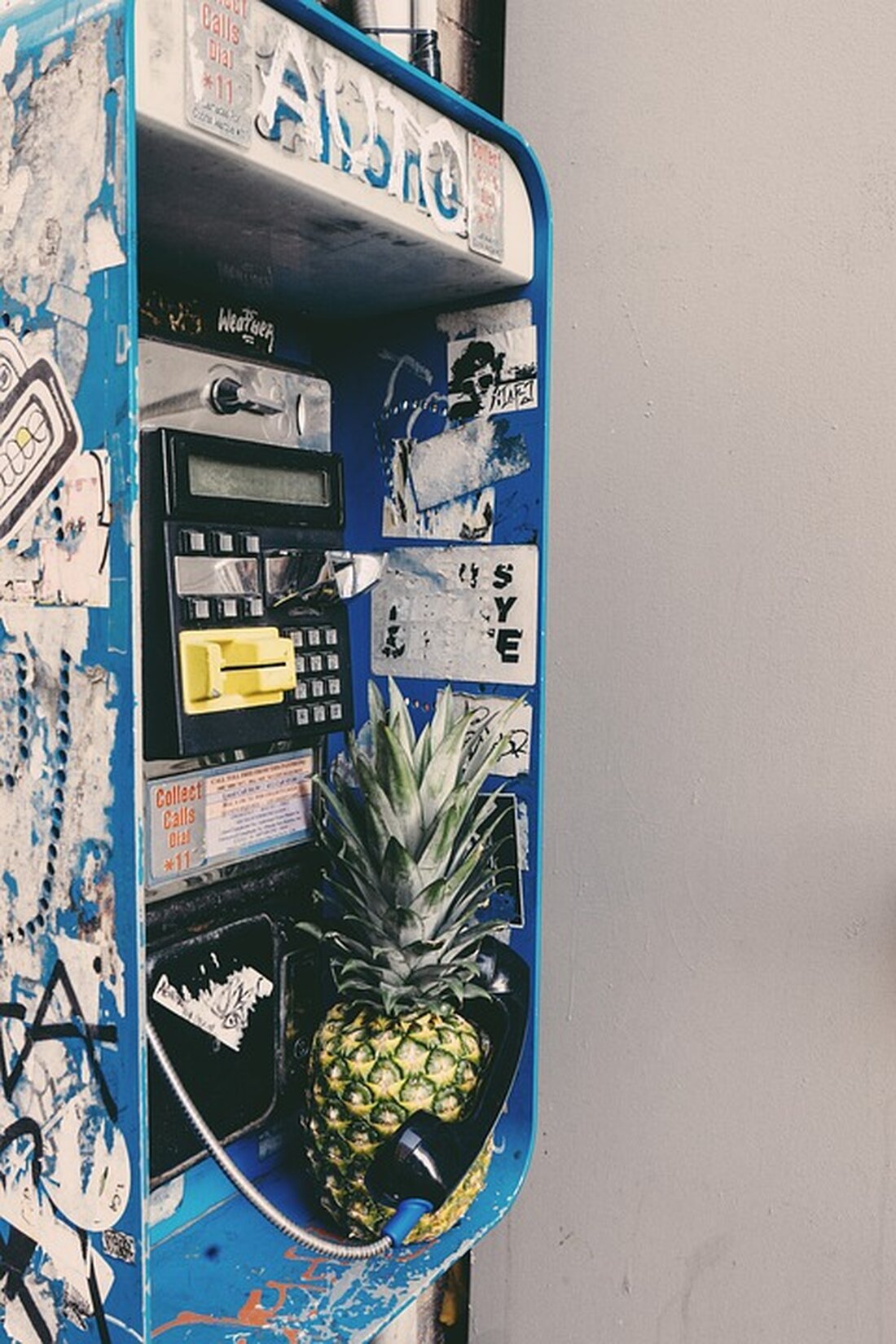Voters in Taiwan reject replacement of China-friendly politicians
Taiwan's voters reject the attempt to stop Chinese -friendly MPs. This choice shows the political resistance and the challenges for the governing DPP before the upcoming elections.

Voters in Taiwan reject replacement of China-friendly politicians
Taipei, Taiwan (AP) - the voters in Taiwan rejected an attempt to deduct about a fifth of their MPs, all of the opposition nationalist parties, when they were recalled on Saturday. This dampens the hopes of the ruling party to change the relationship of power in the parliament of the self -governing island.
obstacles to the ruling party
The independence -oriented governing democratic progress party won the presidential elections of the past year. However, the China-friendly nationalists, known as KMT, and the smaller Taiwan People's Party have enough seats to form a majority alliance.
Official preliminary results show that the recall attempts could not drop any of the approximately two dozen KMT MPs. The extent of these callback elections is unprecedented, since on August 23 there will be a further coordination of seven KMT MPs.
current distribution of seats in parliament
The KMT is currently holding 52 seats while the ruling DPP has 51 seats. In order to secure a legislative majority, at least six KMT MPs would have to be discontinued, and the ruling party would have to gain the necessary post-elections that must take place within three months after the results have been announced.
impact of the election results on the DPP
The survey was closed at 4 p.m. local time. The Taiwanese central election commission will announce the official results on August 1st.
If the results of the next survey are unfavorable for the DPP, this would mean that the government of Taiwan President lai ching-te would continue to be confronted with strong resistance within the parliament, a little less than four years before the elections expected for 2028.
reactions to the recall selection
KMT chairman Eric Chu told journalists and emphasized that voters had proven with their voices that Taiwan's democracy was ripe and strong. He called for an apology from Lai.
"All Taiwaner chose stability and decided that the government should concentrate on doing things instead of being lost in bitter political struggles," he said.
Despite considerable efforts, the supporters of the recall were confronted with a "exhausting challenge" in order to dismantle members in well -organized and strongly shaped electoral districts, said Lev Nachman, political scientist at National Taiwan University. Nachman noted that the result will make Lai even more difficult to drive his agenda ahead, especially with a view to the upcoming local elections next year.
political responsibility of the DPP
fu Kun-Chi, one of the most powerful and controversial MPs who have been targeted, said that the result Lasse Lai has no choice but to advise themselves with the opposition and "find a way for Taiwan to find more stable in this chaotic world".
DPP general secretary Lin Yu-Chang said that they humbly accept the results and emphasized that the callback elections should not be seen as a victory or defeat of political parties, but as an expression. He added that his party has the responsibility to reflect the public feeling more carefully and adapt their approach to the expectations of people.
criticism of the KMT
supporters of the deposition of the 24 MPs have criticized the KMT and their allies for blocking important laws, in particular the defense budget, and controversial changes that are considered to be restricted as a restriction of the power of the executive and favor China that the island views as a separate territory.
Die Aktionen der Oppositionsparteien haben bei einigen Taiwanern Bedenken hinsichtlich der demokratischen Integrität der Insel und ihrer Fähigkeit, militärische Bedrohungen aus China abzuwenden, geweckt, was zu den Rückrufkampagnen führte.
tensions and allegations
The KMT accused the ruling party of taking political retribution measures after the loss of the legislatory majority, and claimed that the calls to the democratic system under -top and challenge Taiwans.
The elections have reinforced the tensions between those who support the status quo, and those who advocate improvement in relationships with Beijing.
Critics accuse China-friendly politicians to endanger Taiwan and complain of their meetings with politicians from the mainland. But these Taiwanese politicians claim that their connections are crucial for dialogue because Beijing refuses to interact with the DPP.
The spokeswoman for the Chinese office for Taiwanese affairs, Zhu Fenglian, saidin June, in June, that Lai's government has been aiming for "one -party rule" since taking office and practicing dictatorship under the guise of democracy. CNN reported that this office is a branch of the ruling Communist Party of China, which maintains strict one -party rule.
ZHU said that the Lai government was shy to suppress the opposition parties and those who support the development of relationships across the street.
The Taiwanese Council for mainland matters reported on Wednesday that the Chinese authorities and state media had tried to open the election process openly.

 Suche
Suche
